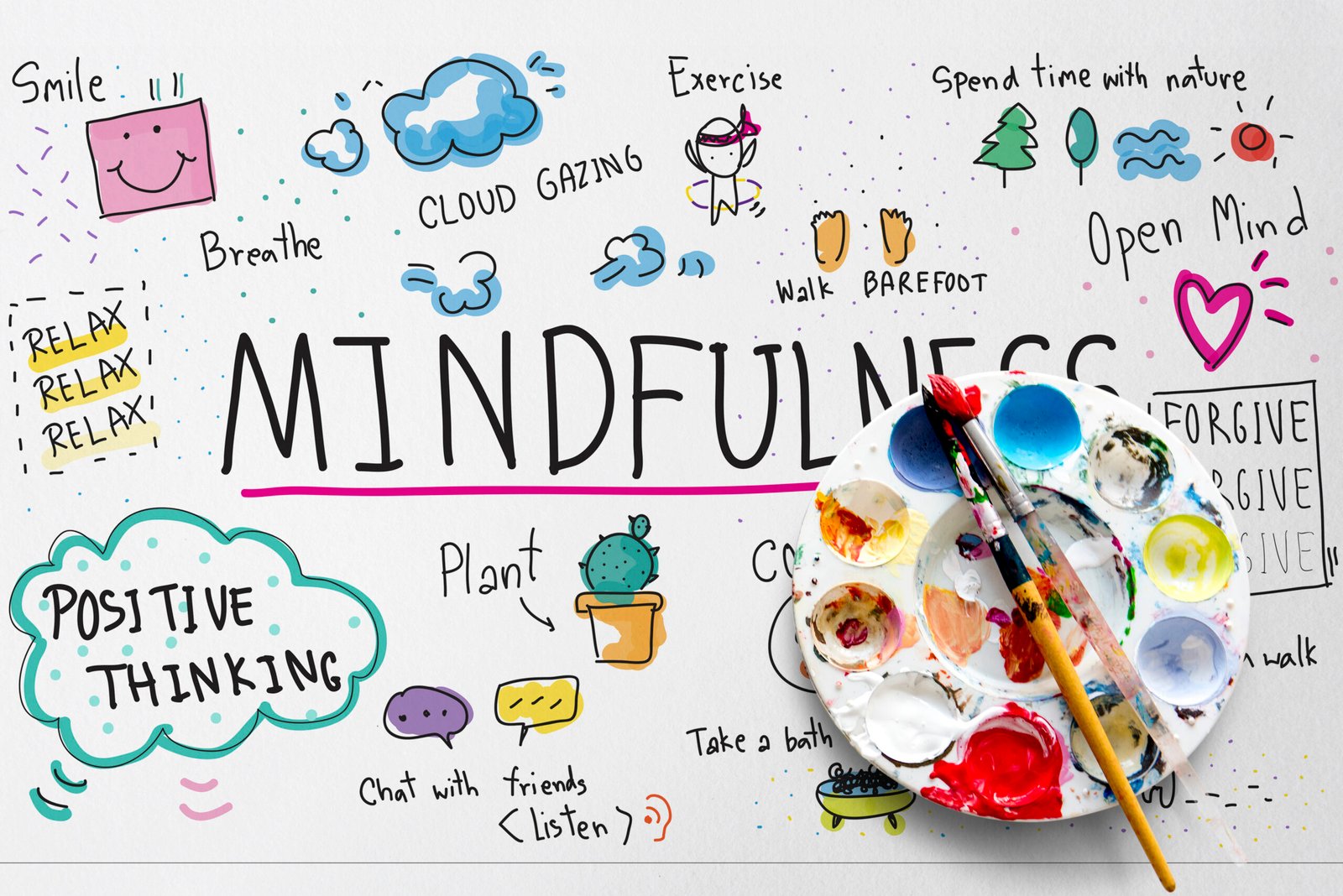Introduction
Welcome to our blog post on cultivating emotional resilience and managing stress. In today’s fast-paced world, it’s easy to get overwhelmed by the demands of daily life. However, by implementing these seven strategies, you can build emotional resilience and create a more balanced and fulfilling life.
1. Practice Mindfulness
Mindfulness is the practice of being fully present in the moment, without judgment. By focusing on the present, you can reduce stress and increase your ability to handle challenging situations. Try incorporating mindfulness into your daily routine by setting aside a few minutes each day for meditation or simply paying attention to your breath.
2. Prioritize Self-Care
Self-care is not selfish; it’s essential for maintaining emotional well-being. Make time for activities that bring you joy and relaxation, whether it’s reading a book, taking a bubble bath, or going for a walk in nature. Remember, you can’t pour from an empty cup, so take care of yourself first.
3. Build a Supportive Network
Having a strong support system is crucial for emotional resilience. Surround yourself with people who uplift and support you. Cultivate meaningful relationships with friends, family, or join a support group. Sharing your feelings and experiences with others can provide a sense of belonging and help you navigate through difficult times.
4. Develop Healthy Coping Mechanisms
Instead of turning to unhealthy coping mechanisms like excessive drinking or binge-watching TV, find healthier ways to manage stress. Engage in activities that bring you joy and help you relax, such as practicing yoga, journaling, or listening to music. Find what works best for you and make it a regular part of your routine.
5. Set Realistic Goals
Setting realistic goals can help you avoid feeling overwhelmed and increase your sense of accomplishment. Break down larger tasks into smaller, more manageable steps. Celebrate your progress along the way, and remember that it’s okay to ask for help when needed. By setting realistic goals, you can reduce stress and improve your overall well-being.
6. Practice Gratitude
Gratitude is a powerful tool for cultivating emotional resilience. Take a few moments each day to reflect on the things you’re grateful for. It could be as simple as a beautiful sunset or a kind gesture from a friend. By focusing on the positive aspects of your life, you can shift your perspective and build resilience in the face of adversity.
7. Seek Professional Help
If you’re struggling with managing stress or your emotional well-being, don’t hesitate to seek professional help. A mental health professional can provide guidance and support tailored to your specific needs. Remember, reaching out for help is a sign of strength, and it can make a significant difference in your overall well-being.
Conclusion
Cultivating emotional resilience and managing stress is an ongoing process. By implementing these seven strategies into your life, you can build a solid foundation for emotional well-being. Remember, it’s okay to have ups and downs, but with resilience, you can bounce back stronger than ever. Stress less and live more!
For more helpful tips and resources on mental health and emotional well-being, be sure to check out our other blog posts.
